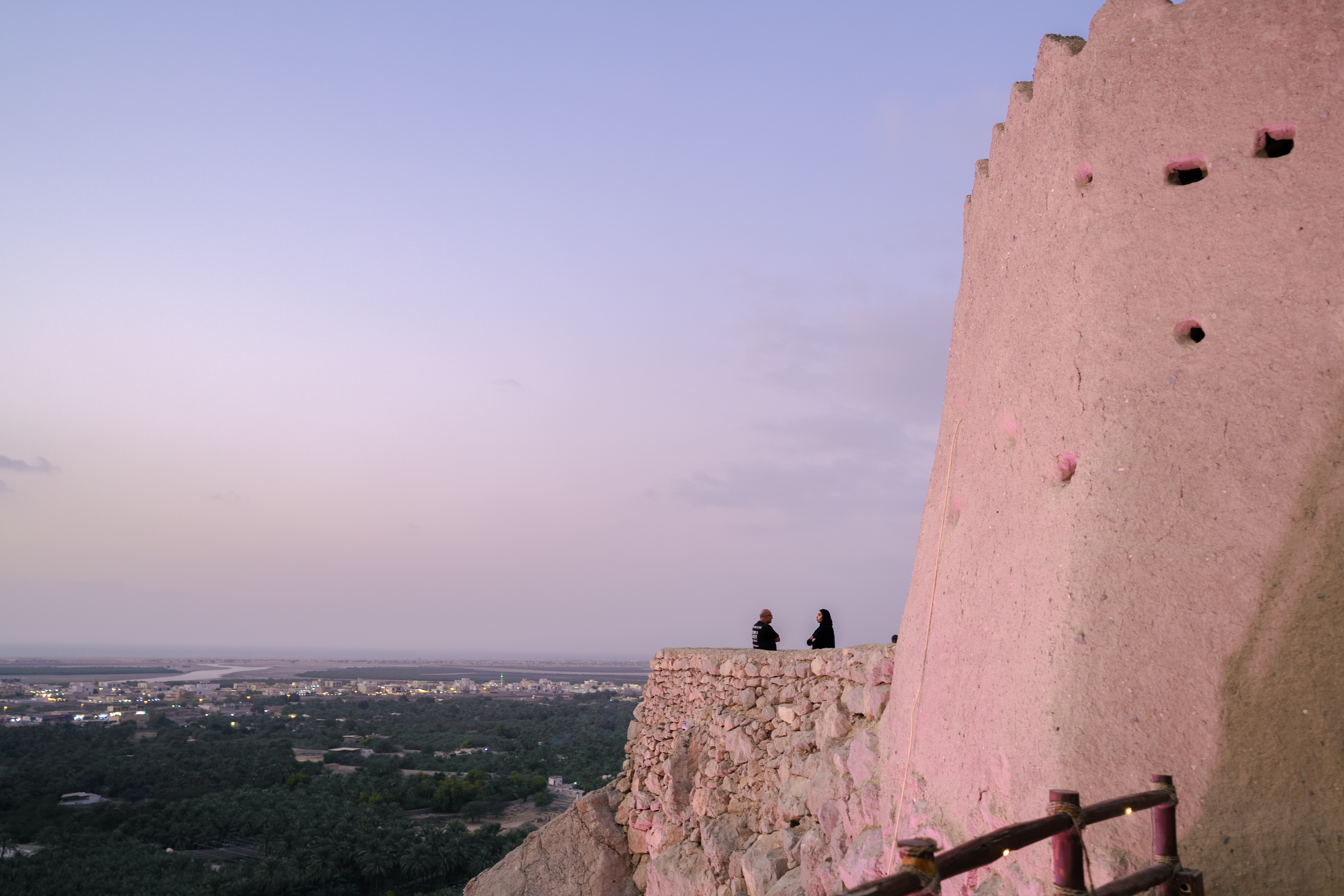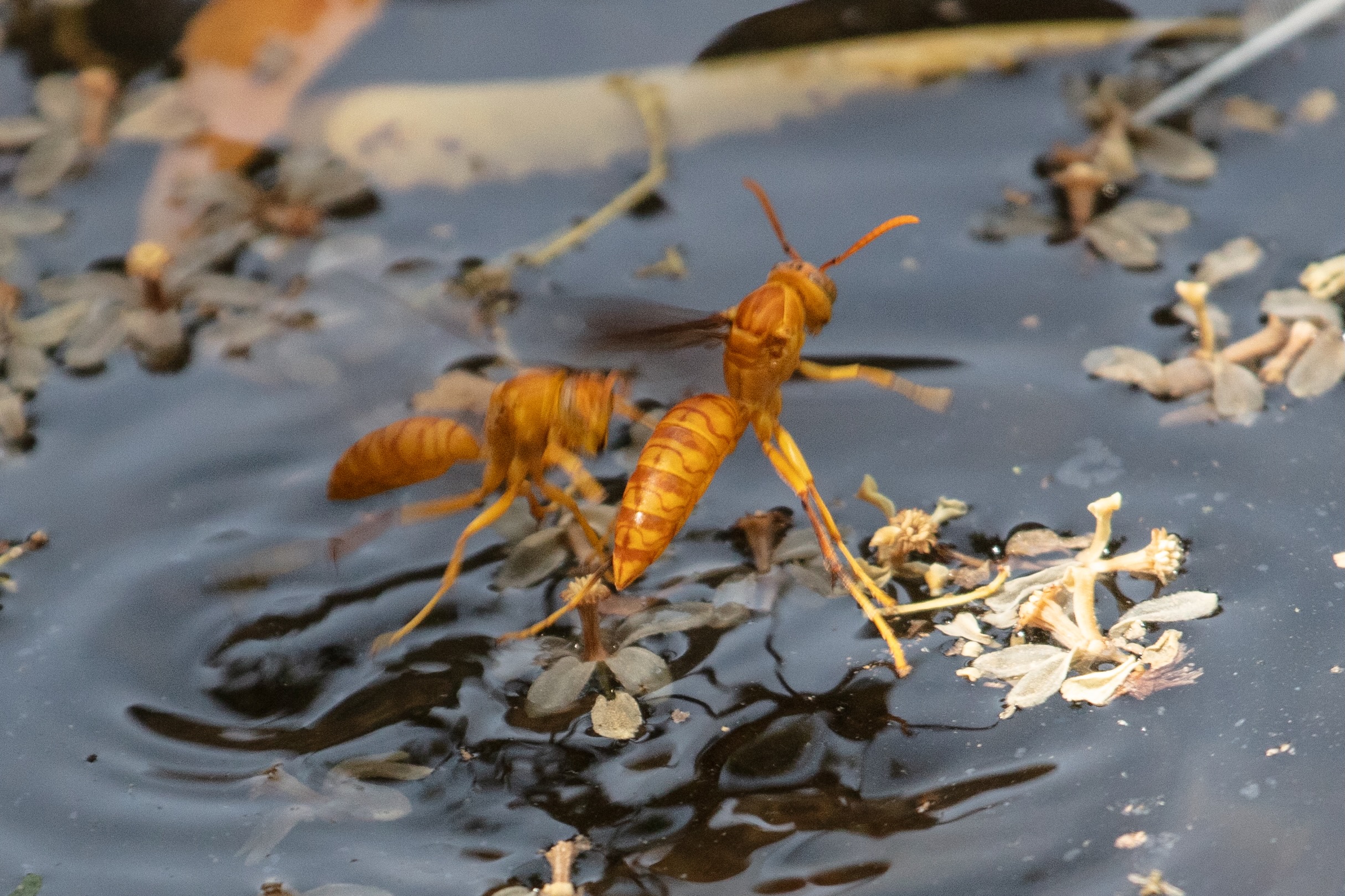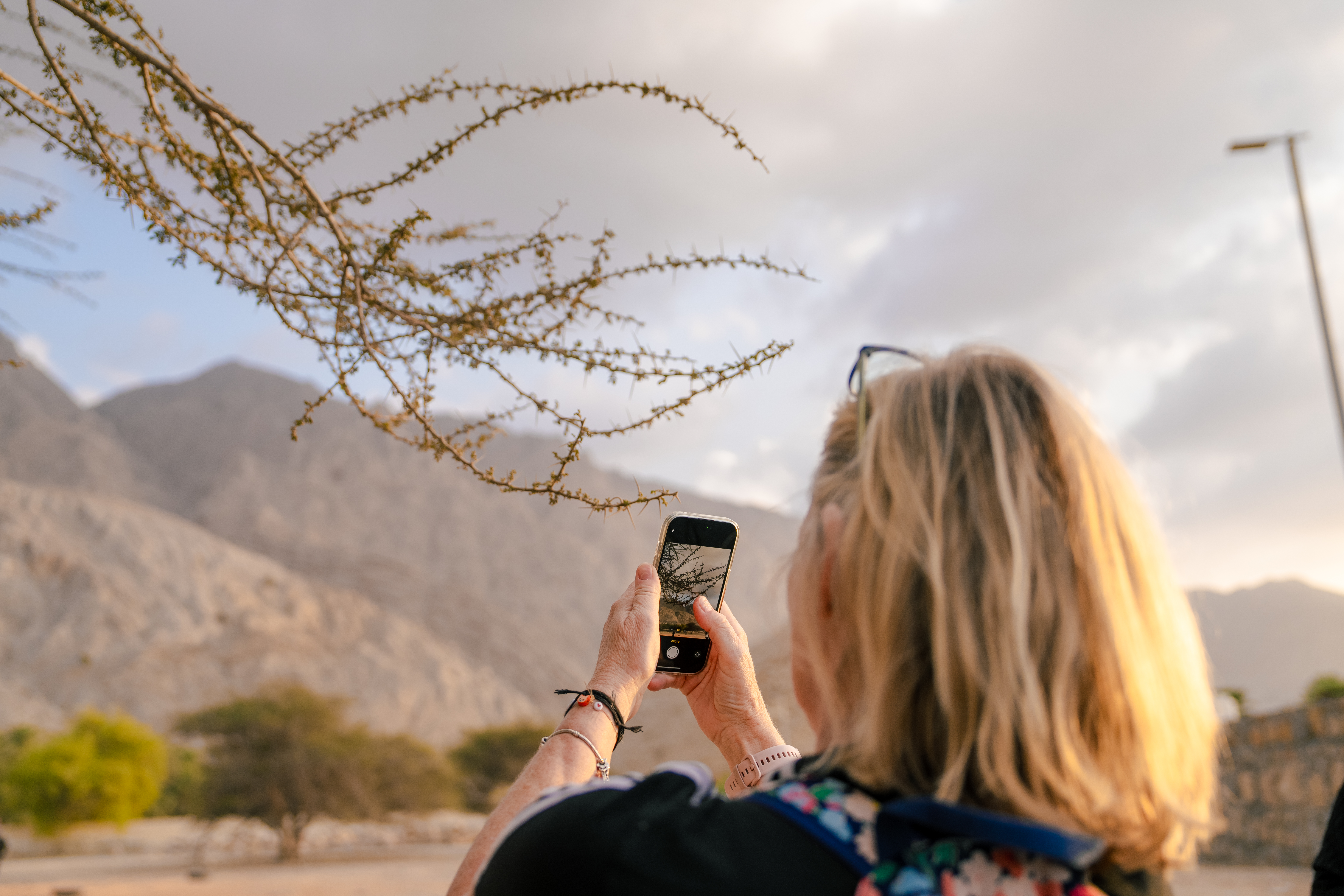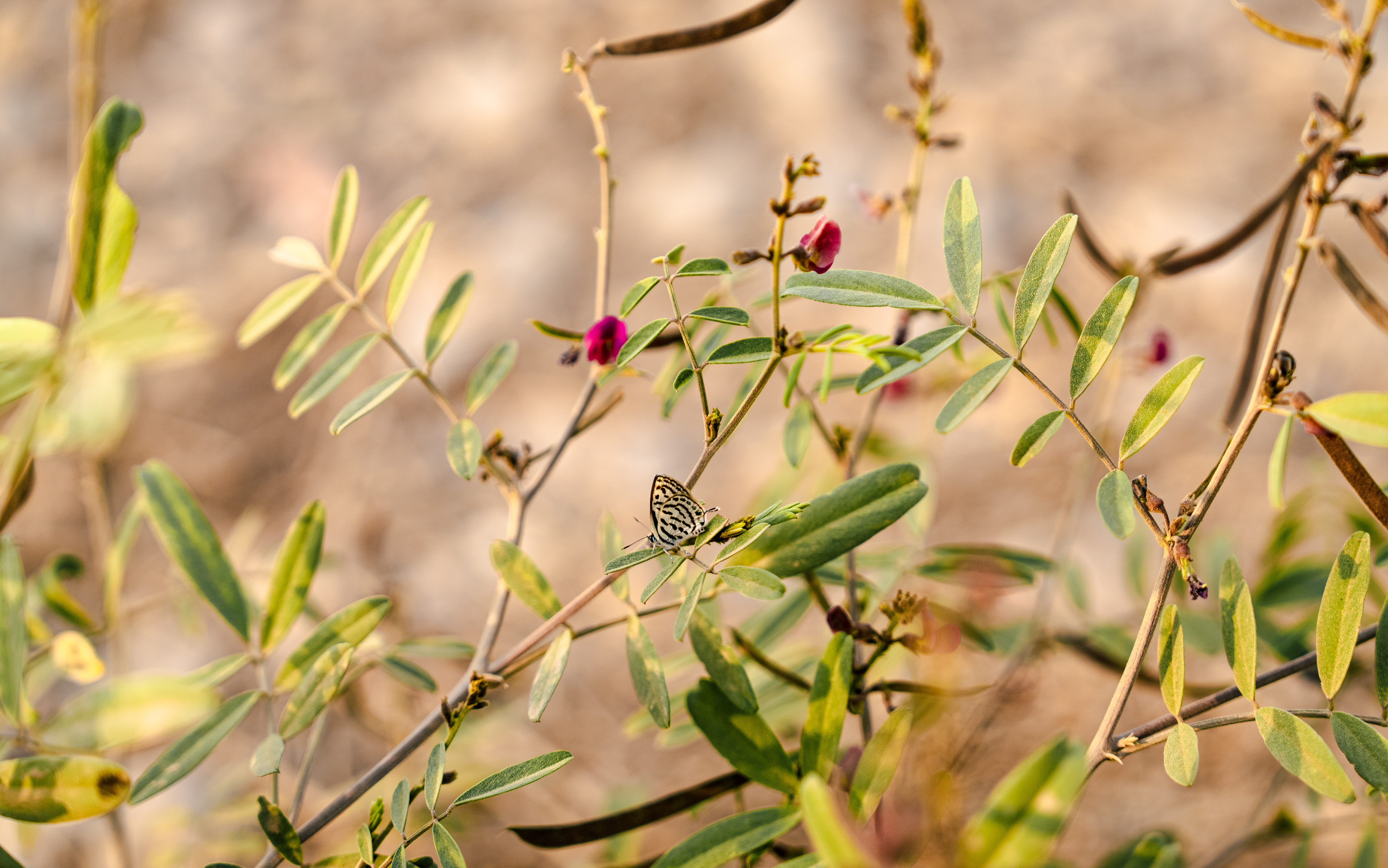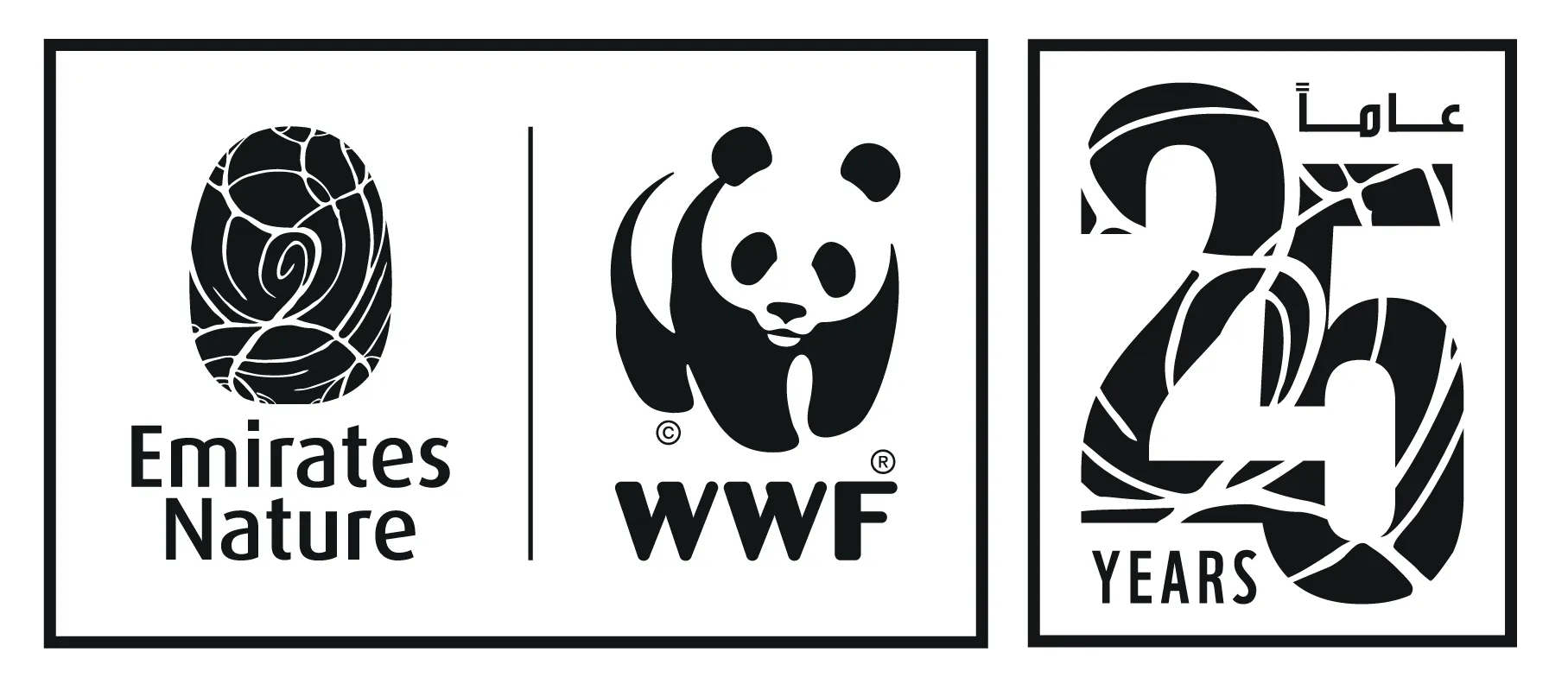Promoting sustainable economic growth by working with the rural communities to restore nature, celebrate heritage, and lead nature-based enterprises
For generations, rural communities in the UAE have lived in harmony with their natural surroundings, drawing on deep-rooted traditions, cultural heritage, and local knowledge to act as custodians of land and sea. Today, these communities face growing challenges from climate change, biodiversity loss and the pressures of rapid development.
In response, the Building Resilient Rural Communities initiative - launched by the Emirates Council for Balanced Development (ECBD) and Emirates Nature–WWF at COP28 places working with community and environmental stewardship at the heart of rural regeneration. In Al Rams (Ras Al Khaimah) and Masfout (Ajman), the initiative works closely with local communities while also supporting long-term planning through visionary masterplans developed in coordination with local authorities.
Restoring heritage and unlocking ecotourism potential
Nestled between the Arabian Gulf and the Jebel Jais mountains, Al Rams is one of Ras Al Khaimah’s oldest coastal villages, celebrated for its pearl diving legacy and stunning natural landscapes. A holistic ecotourism masterplan is currently underway, centered on a 3-km flagship ecotrail linking iconic sites including the historic Dhayah Fort, palm groves, farms, and lagoons.
In Masfout, a mountain village rich in natural beauty and cultural landmarks, a 1.5-km hiking trail is being developed to guide visitors through Al Waraa Falaj, Al Boma Fort, and local habitats. These trails are designed to celebrate heritage, offer immersive experiences, and generate sustainable income for local residents.
By combining community engagement, agro-farming, ecotourism and conservation, this initiative is laying the groundwork for a thriving, inclusive rural economy that protects natural and cultural heritage for future generations.
Why it matters?
- 12% of the UAE’s population lives in rural areas
- Sustainable tourism supported 5%+ of UAE jobs in 2022
- UAE’s ecotourism sector projected to grow from $34.6M (2022) to $165M (2033)
- 70% of UAE residents are willing to spend on ecotourism experiences.
The initiative promotes nature-positive enterprise, inclusive ecotourism, and the restoration of critical ecosystems, while also contributing to enhanced food and water security in rural areas.
Inclusive Conservation in Action
Community members are engaged in every stage of the initiative—from planning to on-the-ground implementation. Rooted in traditional knowledge and strong ties to the land and sea, their leadership is vital to the success of this model. The initiative fosters nature-positive enterprises, provides training opportunities, and encourages collaboration with Leaders of Change civil society volunteers. These actions not only strengthen environmental stewardship but also improve well-being and economic resilience.
